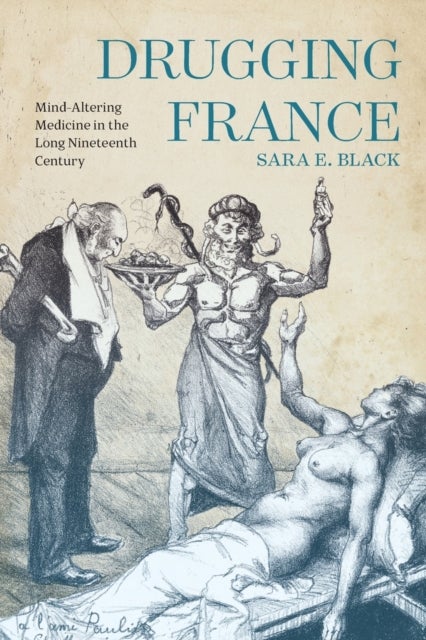
Drugging France av Sara E. Black
399,-
In the nineteenth century, drug consumption permeated French society to produce a new norm: the chemical enhancement of modern life. French citizens empowered themselves by seeking pharmaceutical relief for their suffering and engaging in self-medication. Doctors and pharmacists, meanwhile, fashioned themselves as gatekeepers to these potent drugs, claiming that their expertise could shield the public from accidental harm. Despite these efforts, the unanticipated phenomenon of addiction laid bare both the embodied nature of the modern self and the inherent instability of the notions of individual free will and responsibility.Drugging France explores the history of mind-altering drugs in medical practice between 1840 and 1920, highlighting the intricate medical histories of opium, morphine, ether, chloroform, cocaine, and hashish. While most drug histories focus on how drugs became regulated and criminalized as dangerous addictive substances, Sara Black instead traces the spread of thes








